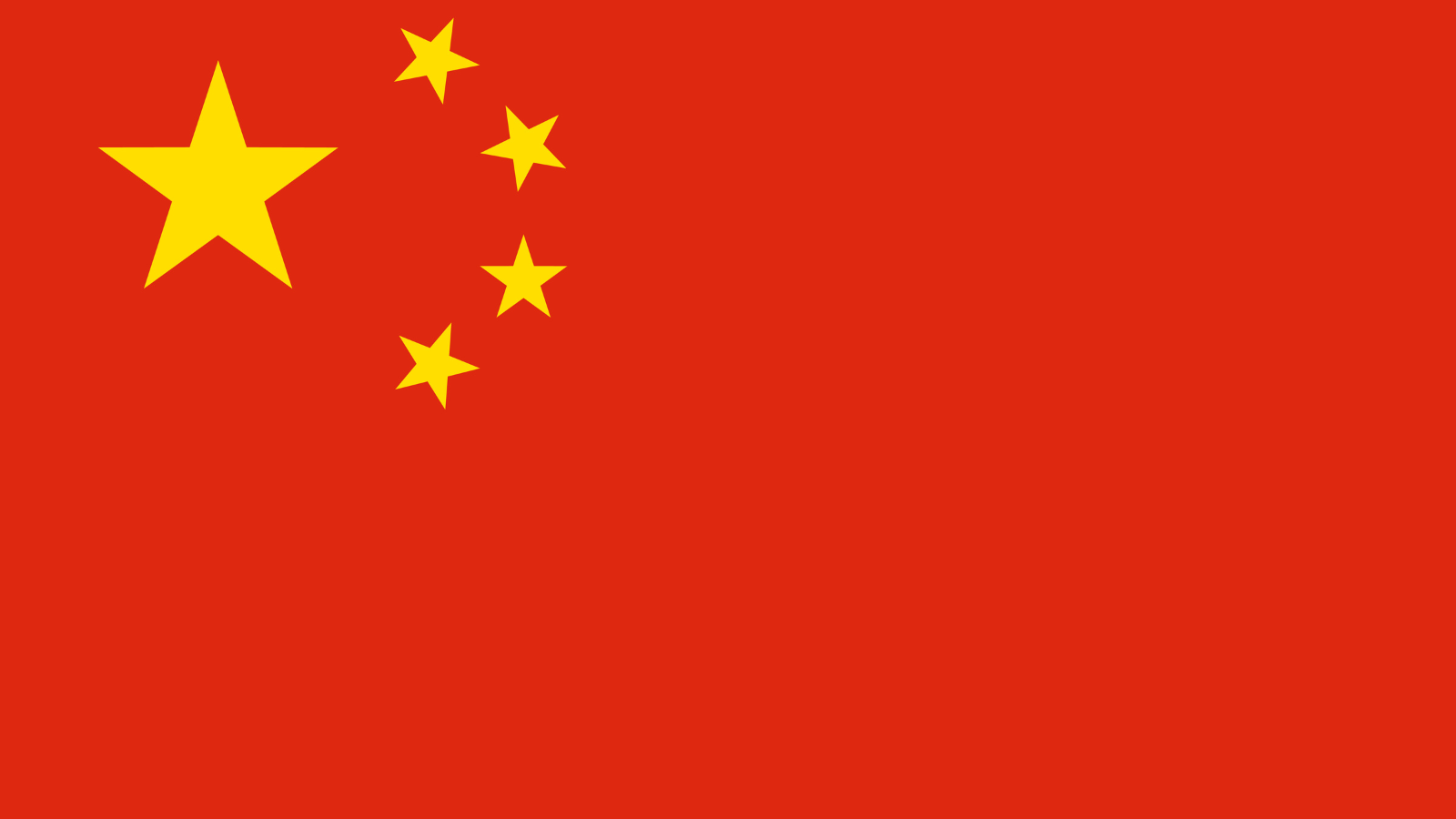China’s economy is on the decline, but why?
Xi Jinping, the leader of the People’s Republic of China, is heading toward his third term this year. And his term will likely begin with further economic issues that have already been plaguing the country due to its strict Covid-19 lockdown policies. Approximately 247 million people in China have been negatively affected by these lockdowns. And in a staggering statistic, Shanghai (a city with a population of 25 million) sold zero automobiles during the month of April 2022 during one of these widespread lockdowns.
With an unemployment rate of almost 20% among adults ages 16 through 24, the economic situation is growing worse by the month.
As financial markets reopened after the attempted assassination of Donald Trump, it became clear that the Trump trade is gaining momentum.
Elon Musk has recently spoken out against US government tariffs on Chinese electric vehicles, calling them “not good” and market-distorting.
A recent Harris poll for The Guardian reveals widespread misconceptions about the U.S. economy. Most Americans (56%) believe the country is in a recession, but it's not
More than half of Americans believe the U.S. is in a recession, even though the GDP has been growing for several years.
Nancy Lazar from Cornerstone Macro is sounding the alarm about a possible economic downturn.
A top cybersecurity firm, ESET, has uncovered Chinese hacking attempts in the European cargo shipping industry, marking the latest instance of China-aligned groups infiltrating Western economic infrastructure.
Commerce Secretary Gina Raimondo emphasized that a potential Chinese invasion of Taiwan and the takeover of chip manufacturer TSMC would be catastrophic for the U.S. economy.
TikTok has filed a lawsuit challenging a new federal law that could force its Chinese parent company, ByteDance, to sell the app or face a ban in the U.S.
On Friday, Federal Reserve officials breathed a sigh of relief as April’s job data revealed a cooling in wage growth and hiring rates that hark back to pre-COVID-19 days.
President Joe Biden is advocating for a significant increase in tariffs on Chinese steel and aluminum imports, proposing to triple the current rates.
Over the past few weeks, the freight and logistics industry has witnessed significant layoffs across several states including Florida, Georgia, Illinois, Michigan, and Texas.
Here’s a quick rundown on the latest U.S. import scene: Inflation’s not the only thing on the rise – we’re seeing a significant increase in imports from China, especially after their factories reopened post-Lunar New Year.
Wealthy American families are increasingly obtaining second, or even multiple, citizenships and residences, a trend highlighted by Henley & Partners, a law firm specializing in high-net-worth citizenships.
China and Russia recently committed to maintaining stability in their industrial supply chains.
U.S. Treasury Secretary Janet Yellen recently wrapped up a series of meetings in China, where she firmly addressed the issue of Chinese overproduction and its impact on global markets.
The global market is currently flooded with goods from Chinese factories, ranging from cars and appliances to computer chips and electronics.
The U.S. House of Representatives is speeding up a vote next week on a bill that would force China's ByteDance to sell off TikTok within six months or face a U.S. ban.
A bipartisan group of U.S. lawmakers has introduced legislation to push China's ByteDance, owner of TikTok, to divest the app within six months or face a U.S. ban due to national security concerns over its Chinese ownership.
The US's top trade official, Katherine Tai, suggested to the BBC that the sharp decline in trade with China might not be all bad news, hinting at potential benefits from diversification.
Apple has decided to pump the brakes on its electric car project, a move that could positively impact its stock performance, according to a report by Morgan Stanley.
The recent woes faced by America's leading automakers - Ford, General Motors, and Stellantis - have gone largely unnoticed amidst their impressive profits.
The U.S. is ramping up defense industrial cooperation with Indo-Pacific partners like Japan, India, and others to bolster supply chain resilience amid threats, particularly from China.
Alibaba Group Holding Ltd. revealed a deeper involvement of Chinese government entities in its various business arms following an inquiry from the US Securities and Exchange Commission.
In recent years, American CEOs have been drawn to China's vast consumer market, but doing business there has become increasingly challenging and risky.
Taiwan Semiconductor Manufacturing Company (TSMC) recently inaugurated its inaugural chip plant in Japan, a move aimed at diversifying its supply chains amidst escalating trade tensions between the U.S. and China.
The rise of dark satire in China's online realm sheds light on a growing phenomenon.
In 2021 and 2022, as inflation surged, the Federal Reserve was criticized for delaying interest rate hikes, allowing prices to soar. Now, with inflation easing, there's concern the Fed might move too slowly to cut rates, risking a recession, some economists argue.
Imagine zipping from New York to Los Angeles in less than an hour or hopping from London to Paris in just 15 minutes.
U.S. authorities are holding thousands of luxury cars from brands like Porsche, Bentley, and Audi due to a part that violates laws against importing goods made with forced labor in China.































Oil traders have cut their net long positions in Brent and WTI due to concerns over China's economy.